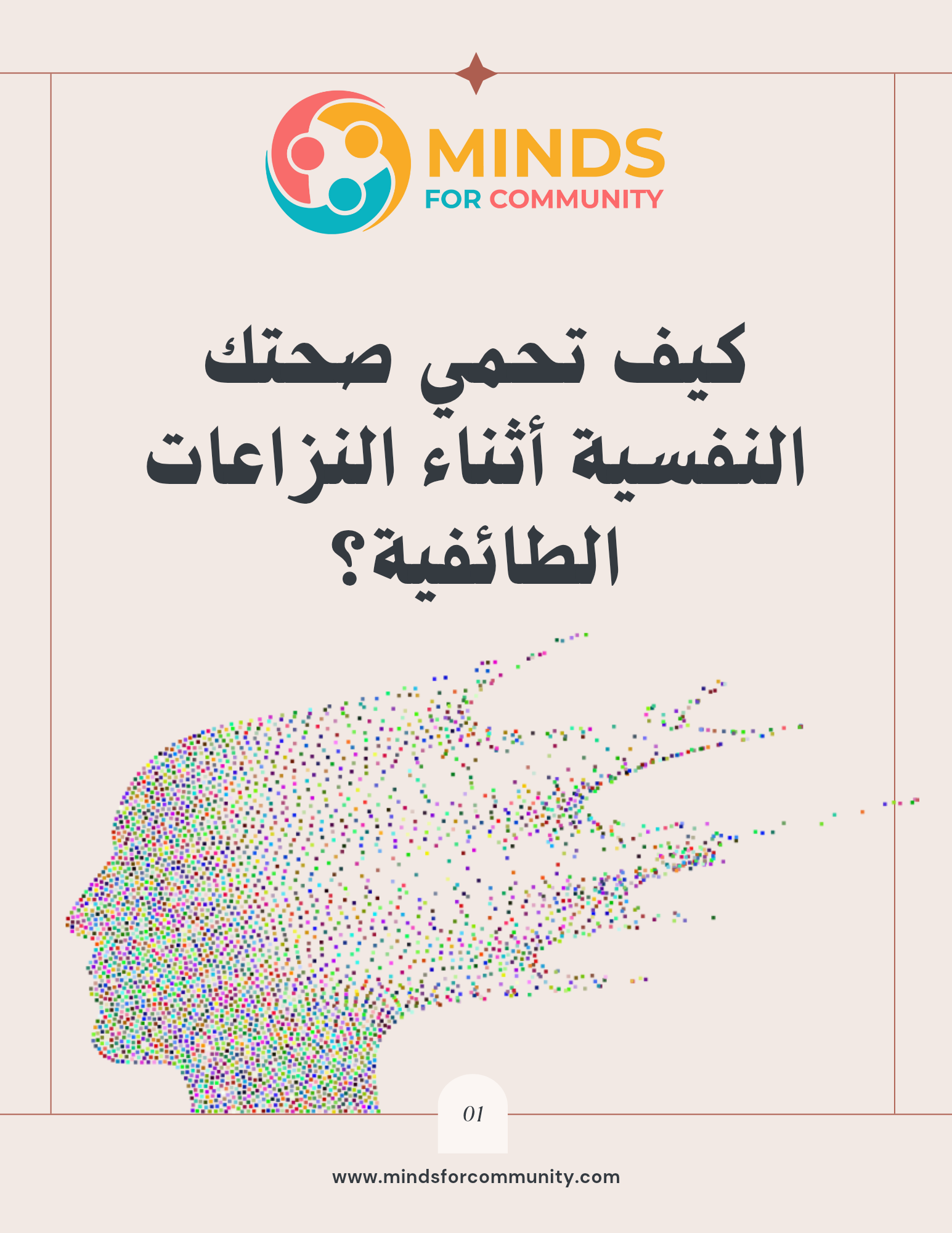In a world facing increasing sectarian tensions, maintaining mental health can be a significant challenge. Being involved in or even just following these conflicts can lead to anxiety, stress, and even post-traumatic stress disorder (PTSD). Therefore, taking well-thought-out steps to protect yourself emotionally and mentally is crucial. Here are the top strategies recommended by mental health experts:
1. Don’t Face It Alone: Seek Psychological and Social Support
Talking to a therapist or joining support groups can help you cope with negative emotions. Emotional support from others provides a sense of security and allows you to express your fears without judgment.
2. Maintain Strong Social Connections
Isolation can increase feelings of anxiety and depression. Stay connected with friends and family, as supportive relationships provide a sense of belonging and help ease emotional stress.
3. Avoid Overconsumption of Negative News
Constant exposure to violent news and inflammatory content can harm your mental well-being. Set specific times to check the news and avoid content that triggers excessive stress or anxiety.
4. Engage in Relaxation Activities and Exercise
Physical activities like sports, meditation, and yoga help reduce stress and improve resilience. Walking in nature or practicing deep breathing can also be effective in calming the mind.
5. Keep Yourself Busy with Meaningful Activities
Volunteering, participating in peace initiatives, or focusing on your hobbies can give you a sense of purpose and accomplishment, improving your mood and reducing feelings of helplessness.






